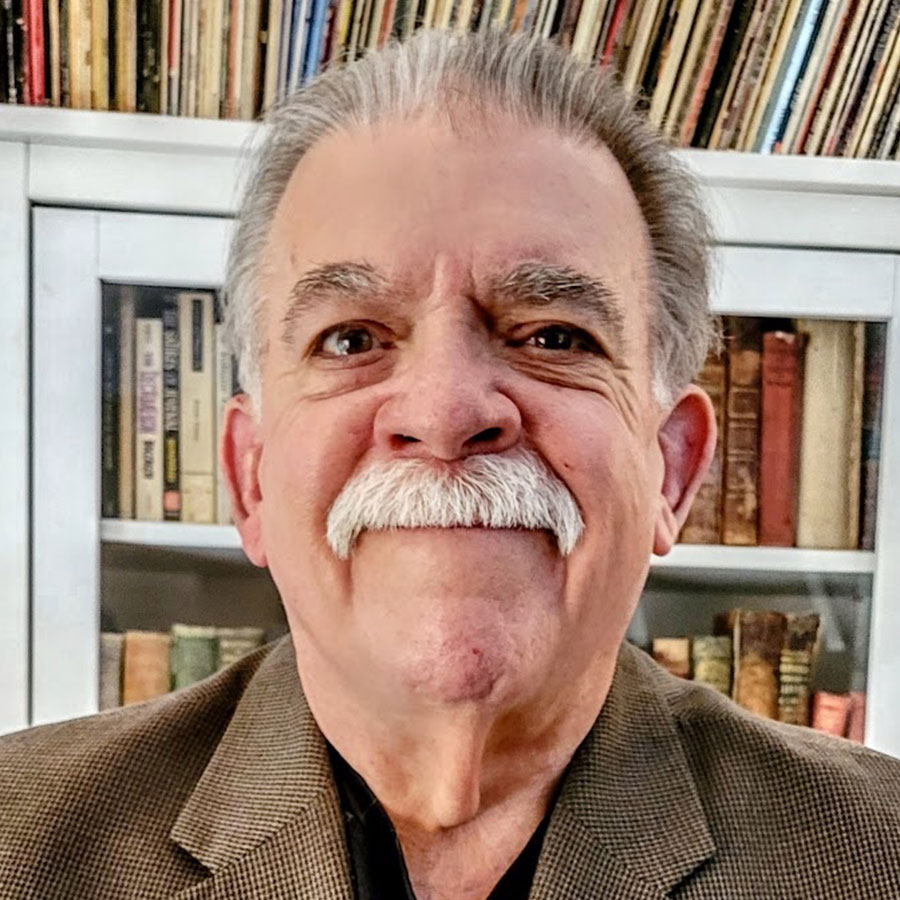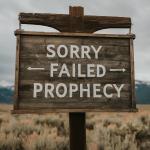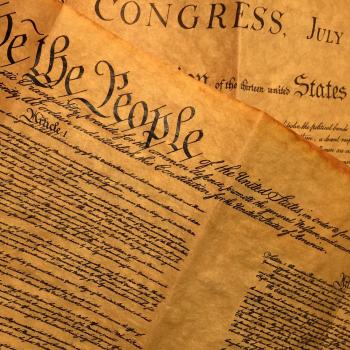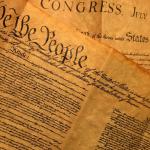Frequently, I hear people say that they know something to be true when they actually do not possess the evidence necessary for knowing. What they mean is that they believe whatever it is they say they know.
I refer to this as Delusory Dysfunction.
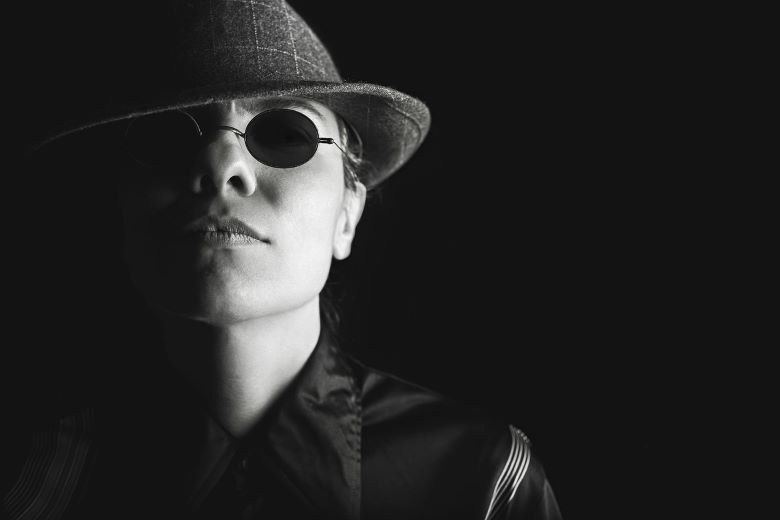
In my experience, it seems that many people suffer from this condition, which serves to limit the capacity for critical thought.
What is Delusory Dysfunction?
Sadly, when I have observed this in a person, more than likely the thing they know is related to a religious conviction based on something they have been taught.
Often, the person will cite an authority (usually the Bible), but when pressed, they likely cannot provide a citation because they have never actually read the thing they believe but have simply been taught it by someone else. Even when they can provide a citation, there is no evidence beyond the Bible to justify the belief.
Before we delve into the theory of Delusory Dysfunction, we will examine what others have said about the difference between knowing and believing.
Are there differences in basic definition?
At the most basic level, Oxford Languages provides the following:
1. facts, information, and skills acquired by a person through experience or education; the theoretical or practical understanding of a subject.2. awareness or familiarity gained by experience of a fact or situation.1. an acceptance that a statement is true or that something exists.
2. trust, faith, or confidence in someone or something.
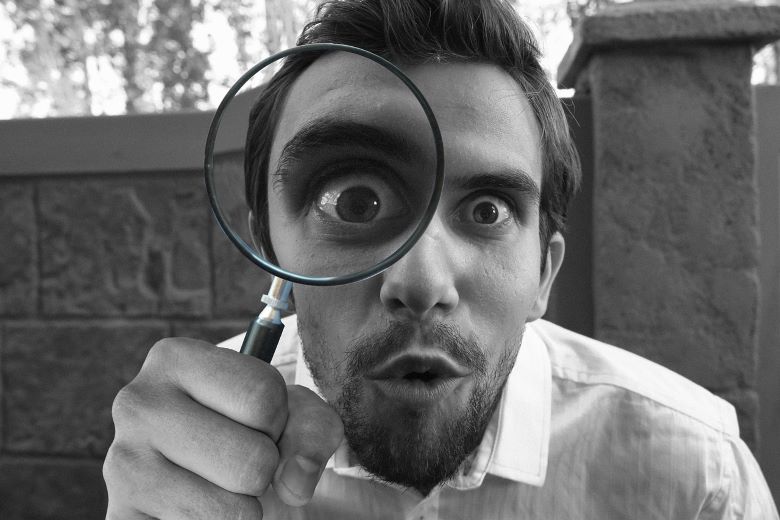
Pixabay image by Tumisu
What can psychology teach us about knowing and believing?
Carl Jung, founder of a neo-psychoanalytic school stated the following (in a discussion of religious beliefs):
Believe: 1 a : to have a firm religious faith b : to accept as true 2 : to have a firm conviction 3 : to hold an opinion
Know : 1 a (1) : to perceive directly : have direct cognition of (2) : to have understanding of (3) : to recognize the nature of : DISCERN b (1) : to recognize as being the same as something previously known (2) to be acquainted or familiar with (3) : to have experience of 2 a : to be aware of the truth or factuality b : to have a practical understanding
Believing is holding an opinion. Knowing is to have direct experience, to understand, and to have a practical understanding of some concept. To further delineate the two different terms, it is important to realize that while one can “make- believe”, one cannot “make-know”.
One can pretend to believe, because in order to believe, one does not need factual knowledge. When you were a child, and “made believe” that you were a doctor, you didn’t actually know how to be a doctor.
When one maintains in an argument: “I don’t believe, I know”, without actually possessing direct cognition of, or evidence for, their proposition, they are in fact doing one of two things:
1. Using a persuasive definition (i.e. one that is purposely misleading)
2. Lying
There are two glaring concepts here.
- Knowledge is based on perception, recognition, cognition and understanding. Belief is based on faith, acceptance and opinion.
- A person who believes and asserts that he knows something he does not actually know is either misleading or lying.
These are quite strong words for the psychologist to be using.
For Jung, belief and knowledge and their distinction, bear serious ethical caveats, for the believer, in espousing his beliefs as knowledge, is seen as a deliberate misleader or worse, a liar, hard indictments indeed.

What can philosophy teach us about knowing and believing?
Timothy Williamson, writing about “Knowledge and Belief,” in The Norton Introduction to Philosophy, introduces the concepts of truth and non-truth, invoking the ordered discourse of verbal and symbolic logic.
The most striking difference between knowledge and belief is that although
there is false belief there cannot be false knowledge. People once believed
that the earth was flat. They believed falsely, because the earth was not flat.
They did not know that the earth was flat, because knowing that the earth
was flat would have required the earth to be flat. They believed that they
knew that the earth was flat, but that was another of their false beliefs.Mere belief is to be understood as a deviation from knowledge. To believe is
to be in a mental state similar to knowing in its immediate effects on action,
but which differs from knowing in other respects. To work with such an
account is to understand belief in terms of knowledge, rather than
knowledge in terms of belief.
Williamson points out that no matter how vociferously a person claims to know something, if that something is false, he cannot know it. He can merely believe it.
What can science tell us about knowledge and belief?
The Physics Forum breaks the concepts down as follows:
‘Belief in X’ implies that the believer holds X likely to be true. There are varying degrees of belief, corresponding to varying degrees of certainty. There is nothing semantically wrong with asserting a belief in a proposition that seems obviously or inarguably correct (eg “I believe that I have two eyes”), but typically the word seems to be used in situations where the believer leaves open at least some room for doubt (eg a mathematician might tentatively say “I believe this theorem is true” without rigorously proving it, or a detective may say “I believe he committed the crime” without having a smoking gun).
‘Knowing that X’ implies that X has been shown to be correct to a practically inarguable degree, at least by the epistemological standards of the knower(s). That is, knowing that X implies that there is a no, or at least negligible, probability that X is false, as judged by the accepted epistemological standard.
Science is more strict and less likely to be guided by emotion. The term “correct to a practically inarguable degree” leaves little wiggle room. In science, we know something to be true when we can provide inarguable evidence.
In the absence of such evidence, we believe.
Note that I use the term evidence and not proof. In religious contexts, which rely on faith, proof is without meaning or value.
What do these things mean in talking about religion?
- People who take religion seriously and who talk about their beliefs frequently say that they know something to be true based on sacred scripture or on something they have learned from someone else.
- People sometimes say they know something because of a theophany or an experience of YHWH or Yeshua in a vision or other psychic experience.
- A person cannot know a truth about what the Bible says when the Bible provides the only evidence of that truth. He can only believe.
- A person cannot know something to be true because another person told them it was true, even if that person is a minister, priest, rabbi, theologian, professor, Pope or anything else. He can only believe it to be true.
- A theophany or personal meeting with God is a personal experience and information gained in that manner cannot usually be transferred to another person.
I make an effort always to be kind. My kindness wears thin when religious zealots try to make me see that they know something that I know to be demonstrably false. I try to smile, but I rarely do.
How can we avoid Delusory Dysfunction?
If we want to make certain that we are not suffering from Delusory Dysfunction, we can take specific steps:
- In reading any text, ancient or otherwise, try to determine if the author has a specific agenda or ideology to sell.
- Always read between the lines.
- Before accepting an idea to be true, look for corroborating outside sources.
- Never say you “know” something to be true in the absence of evidence.
- Allow yourself to believe when the evidence leads in a direction, but to change your belief if new evidence overshadows the old.
- Be skeptical in reading. Do not take opinions at face value.
- Read critically. This does not mean to read with a negative opinion. It means to read with an open mind.
What does this mean going forward?
An individual can analyze his own beliefs and can catalogue them for a a better understanding of his own theology. I am confident that we are all better off when we understand just what it is that we hold to be true and sacred.
Here are the criteria that I try to use in determining whether I know something or merely believe it. In other words, how can I avoid Delusory Dysfunction?
- Is there a preponderance of evidence of its truth?
- Is there an absence of evidence of its falsehood?
- Does the information come from a source that can be trusted to test all possibilities before making a conclusion? (Sadly, the Bible is not such a source.)
- Is the information internally consistent and free of critical contradictions? (The Bible is certainly not such a source!)
- If the information is from another person, can you trust this person’s morality as well as their judgment, mental acuity and expertise in the subject at hand?
You can see from these questions, that there are many ways in which we can adjudicate the relative accuracy of information.
I would add her only that we are here discussing information that can be shown to be true or false.
We are discussing only that which can be observed.
We are not here discussing that which can be taken only on and by faith.
That is an entirely different matter.
I am certain that people will disagree with me on these topics. I would love to hear your thoughts! Please leave a comment below. Thank you for reading!


